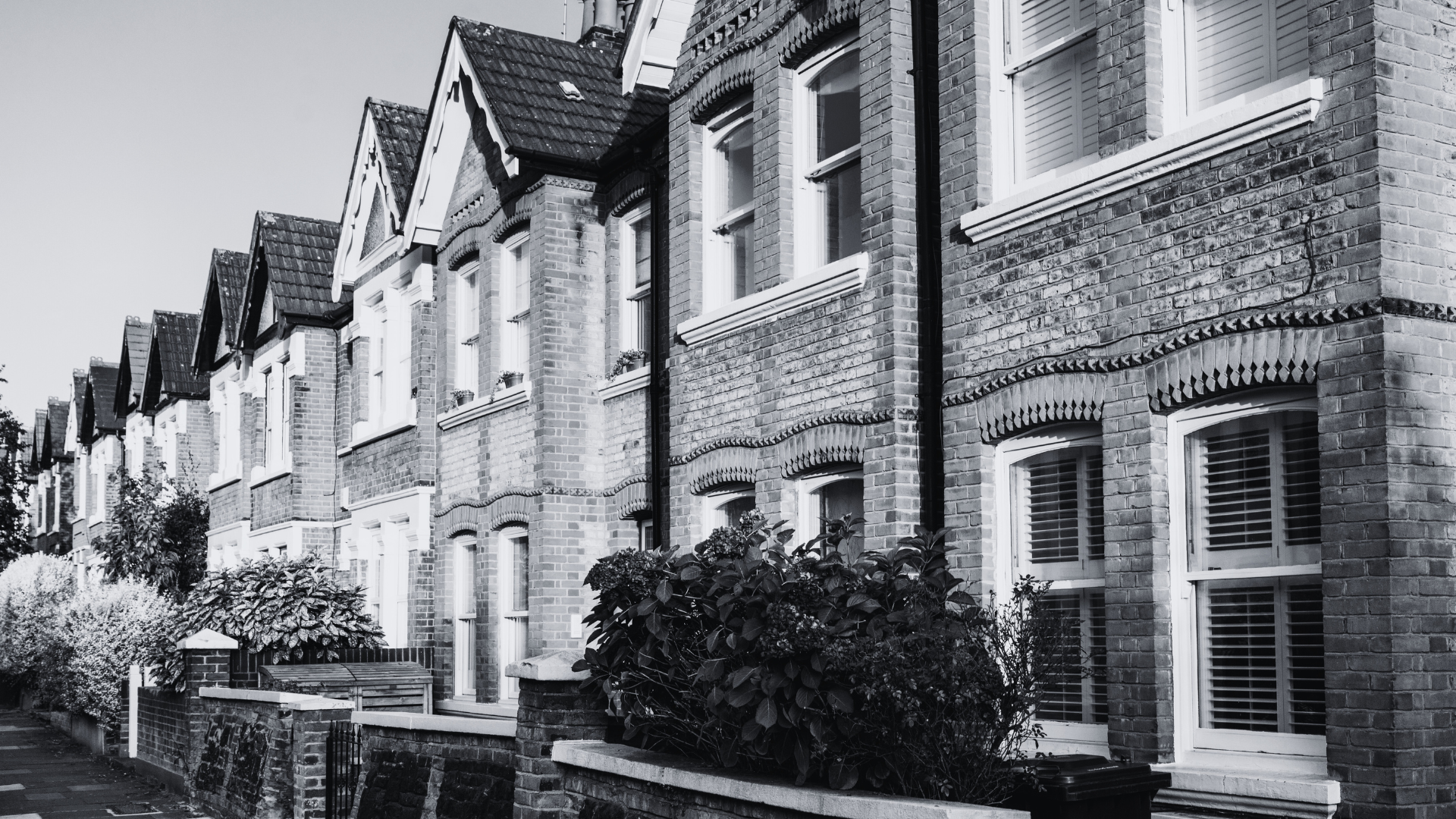
Anti-social behaviour in a rented property can be a terrible problem for other tenants, landlords and neighbours. Other tenants and neighbours have to endure the impact of the bad behaviour and as a result turn to the landlord to sort out the problem, usually by way of warnings or eviction of the tenant.
If a landlord is seeking to recover possession due to anti-social behaviour at the property, then the landlord can either:
- Serve a section 8 Notice on the relevant anti social behaviour grounds
- Serve a section 21 Notice
Most commonly a section 21 Notice is served. The tenant is not able to defend against a section 21, therefore provided the law is complied with, a landlord can recover possession quickly.
If section 21 Notices are scrapped under the Renters Reform Bill, landlords would have to use a ground for possession under section 8 to request a possession order.
The current anti-social behaviour grounds for possession are grounds 7A and 14.
Ground 7A is a mandatory ground, that can only be used if the tenant–
- Has been convicted of a relevant serious offence.
- Has breached a relevant injunction.
- Has breached a criminal behaviour order
- The property is subject to a closure order under the 2014 Anti-Social behaviour, Crime and Policing Act.
- Convicted of an offence under noise nuisance
In most cases, these anti-social tenants will not have been prosecuted. Therefore, in many anti-social behaviour cases, these conditions will not apply and therefore cannot be used as a ground for possession.
Ground 14 is a discretionary ground and is used if –
- Someone is guilty of conduct/likely to cause a nuisance or annoyance to a person residing, visiting or engaging in a lawful activity in the locality, or to the landlord
- They have been convicted of using the property for immoral or illegal purposes or an criminal offence committed in or locally to the property.
To satisfy this ground a landlord needs to provide evidence to prove that the anti-social behaviour has taken place and, if the court is satisfied by the evidence, it will take all circumstances into account and will decide if it is reasonable to grant possession.
Proving the anti-social behaviour can be difficult as many neighbours are not prepared to provide a statement and want to remain anonymous. Court proceedings can also be lengthy and costly, and there is a risk that a court will not give the landlord possession at the end of the proceedings.
The Government did pledge to give landlords more powers to evict unruly tenants. One of the proposed changes in the Renters Reform Bill is the wording of ground 14 being amended from ‘likely to cause nuisance or annoyance’ to ‘capable of causing nuisance or annoyance’. – Is this really a change?! There are concerns amongst landlords that these proposed changes do not go far enough to give landlords confidence they can recover possession from anti social behaviour tenants.

